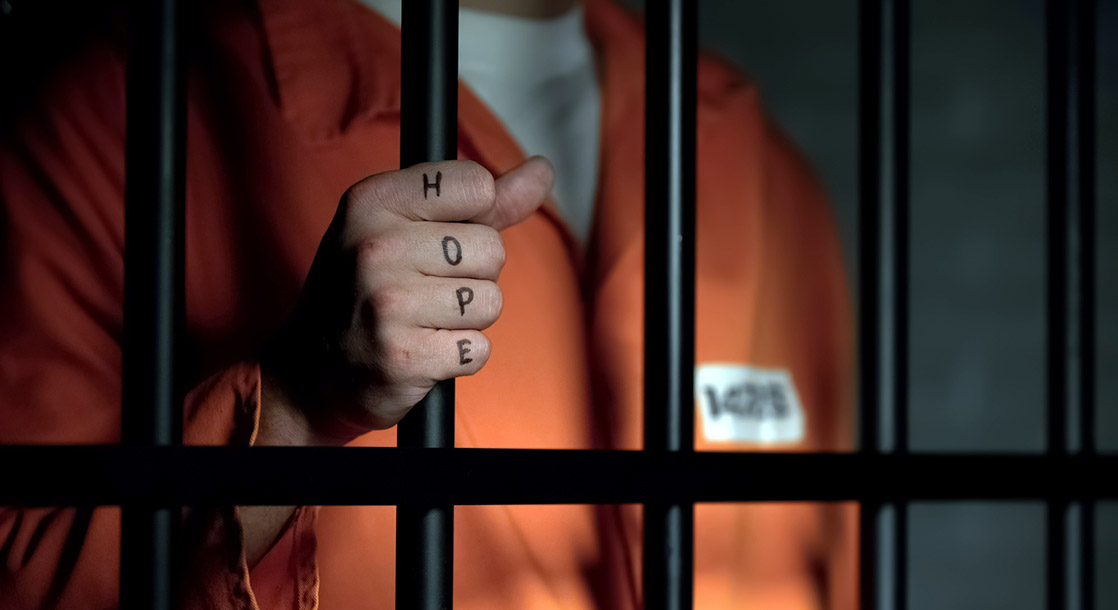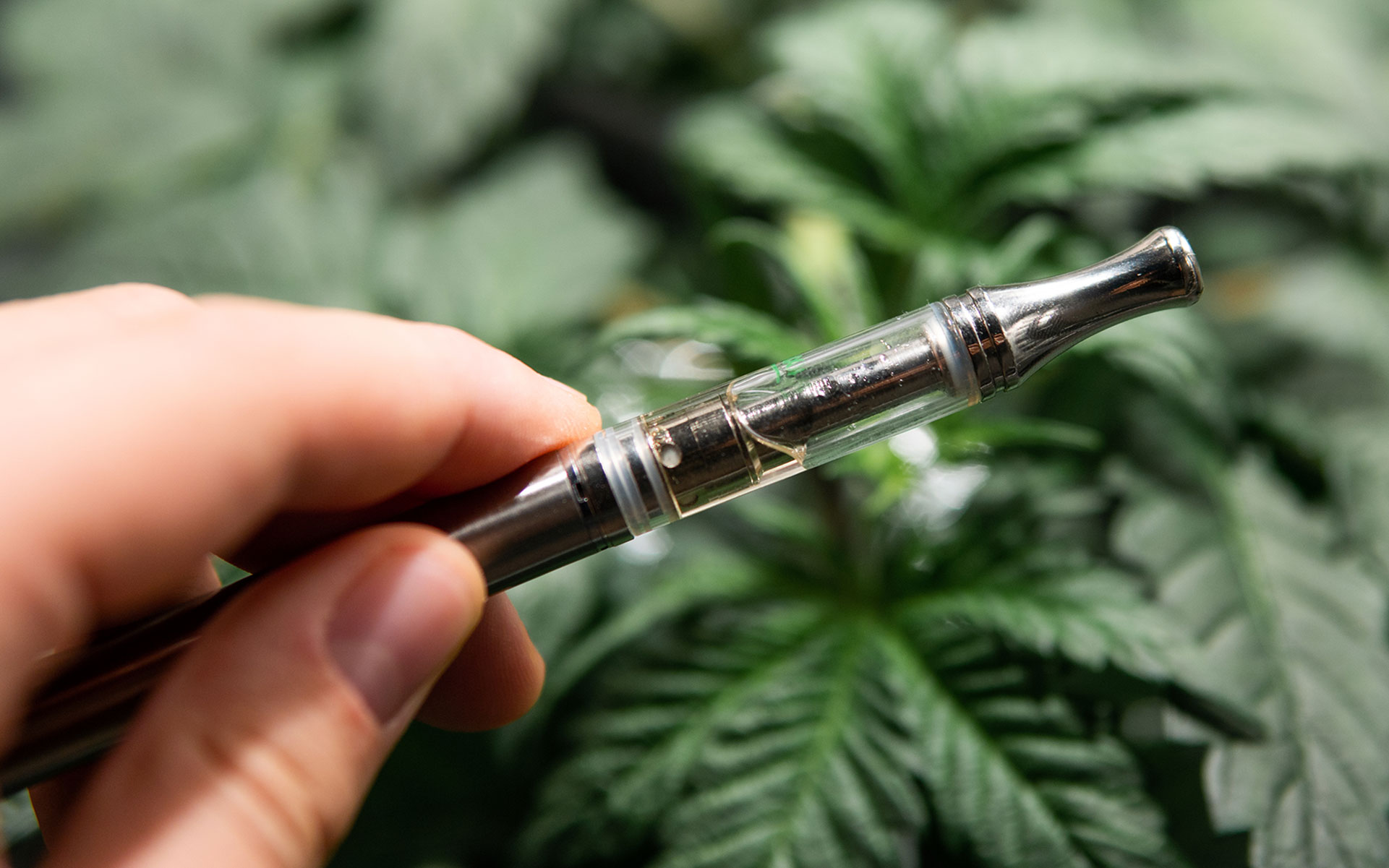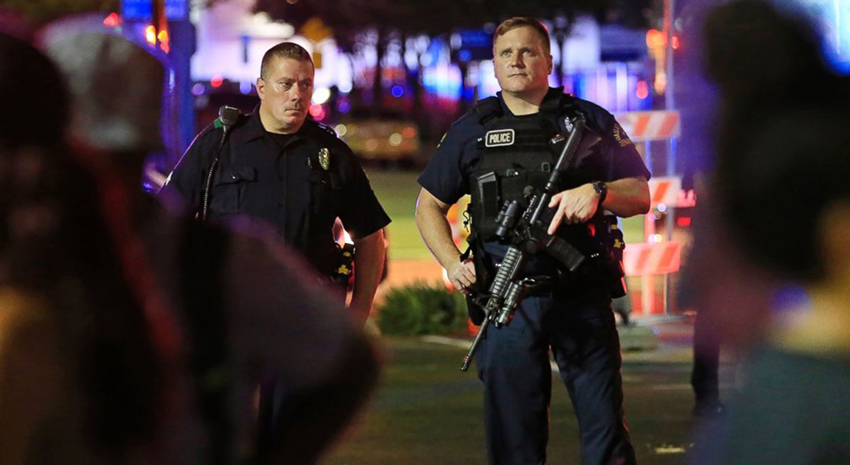Even though Wisconsin lawmakers continue to block the state from legalizing cannabis, Governor Tony Evers (D) is working to grant restorative justice to former drug offenders on an individual basis.
This week, Evers granted pardons to 30 people, 21 of whom had been convicted on minor drug possession or sales charges. Evers has pardoned a total of 337 people since taking office in 2019, more than any other contemporary US governor has granted during their first three years in office.
“I’m proud of our work to give a second chance to folks who’ve made amends and paid their debt to society,” the governor said in a statement. “These individuals have recognized and acknowledged their past mistakes, and this sends a powerful message of redemption as each of them work to build a brighter, better future for themselves and their communities.”
Many of these pardons were issued for crimes that were committed between 20 and 50 years ago. Jeffrey Collins, for example, was arrested in the 1980s at the age of 21 when cops found weed in his car, and Dwight Swacina was busted around the same time for selling weed to an undercover cop. In fact, several of these new pardons involve people who were ensnared by undercover cops during the ’80s and ’90s.
In Wisconsin, a governor’s pardon can restore a person’s rights to receive a professional license, serve on a jury, or run for public office. But unlike other states, these pardons do not expunge criminal records. So, despite this act of clemency, any of these pardoned crimes will still show up on criminal background checks, and can still serve as a barrier to employment, housing, or school applications.
Several states that have recently legalized weed have created programs to automatically expunge cannabis offenders’ criminal records. Less than three months after legalizing weed, New Jersey has already sealed over 362,000 former pot charges, and Illinois has cleared over half a million cases since the end of 2019. Michigan, New York, and other states are also working on programs to help provide restorative justice to cannabis convicts.
But in states like Wisconsin, where weed is still illegal, pardons are the only avenue that can free a former offender from the stigma of a criminal record. Over the past two years, prohibition states like Pennsylvania, Alabama, and Oklahoma have pardoned tens of thousands of nonviolent weed offenders. And adult-use states like Colorado and Nevada, which did not include expungement provisions in their weed laws, are also working to mass pardon former offenders.
Presidential clemency is also an option for anyone who has been arrested for a federal cannabis offense. President Obama pardoned thousands of drug offenders who had been punished with excessive mandatory minimum sentences, and President Trump even freed several people who had served decades in prison for pot. So far, President Biden has yet to use his powers to free the thousands of people still doing time for federal weed crimes, despite strong advocacy from Congressmembers, celebrities, activists, and the people who elected him to office.











